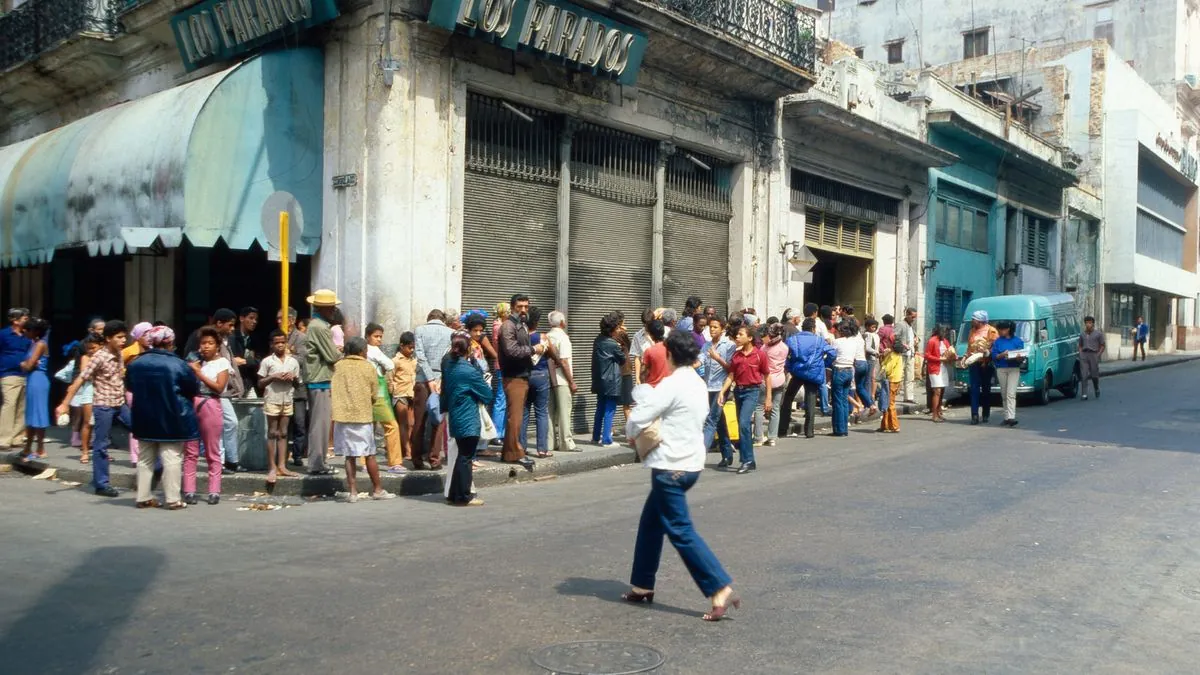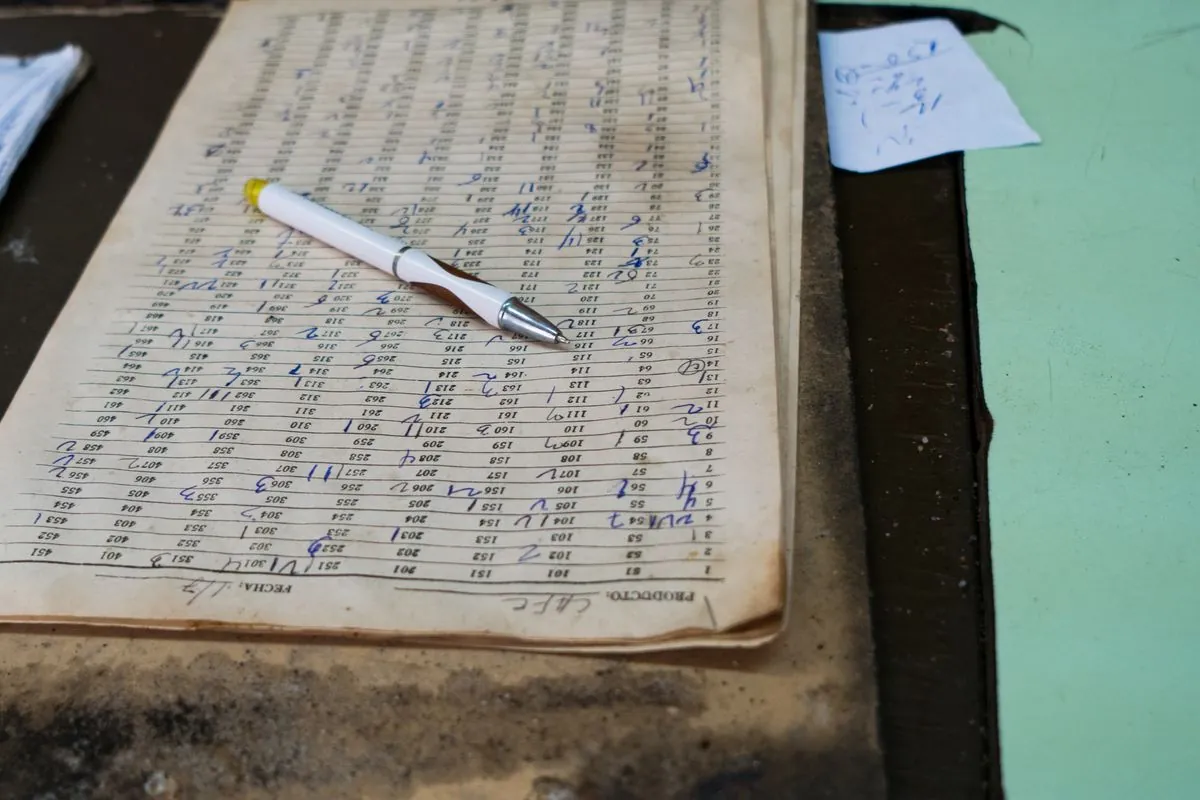Cuba Cuts Subsidized Bread Ration Amid Economic Struggles
Cuba reduces subsidized bread ration by 25% due to wheat flour shortage. Citizens face limited alternatives as government blames U.S. trade embargo for economic woes.

In a recent development, the Cuban government has implemented a 25% reduction in the subsidized daily bread ration, a move that highlights the ongoing economic challenges faced by the Caribbean nation. This decision, effective as of September 16, 2024, reduces the bread portion from 80 grams to 60 grams, approximately the size of a standard cookie.
The price of the subsidized bread has been marginally decreased to just under 1 peso, equivalent to about one-third of a cent. However, this adjustment offers little consolation to Cuban citizens, who earn an average monthly salary of 4648 pesos (approximately $15). For many, the subsidized bread remains a crucial part of their diet, as purchasing bread from private markets is financially unfeasible.
Dolores Fernandez, a Havana resident, expressed resignation when interviewed outside a bakery:
"We have to accept it, what else can we do? There's no choice."
The Cuban government attributes the wheat flour shortage to the U.S. trade embargo, which has been in place since 1962. This long-standing economic sanction has complicated Cuba's international financial transactions and contributed to widespread shortages of essential goods, including food, fuel, and medicine.

The current situation is part of a broader economic crisis that has led to a record-breaking exodus of Cuban citizens to the United States. The ration book system, known locally as "libreta," was introduced in 1962 and was once considered a hallmark of Fidel Castro's 1959 revolution. Initially, it provided a wide range of heavily discounted products to all Cubans, including bread, fish, meat, milk, and various household supplies.
However, the current economic difficulties have forced the government to significantly reduce the variety and quantity of subsidized goods. Many products are now delivered late, in poor quality, or not at all. Bernardo Matos, another Havana resident, voiced concerns about the bread's quality:
"The quality is terrible. The flour tastes like acid."
In response to these concerns, the Cuban government has announced plans to strengthen inspections at state bakeries to maintain quality standards. Additionally, Cuba has sought assistance from the World Food Programme to ensure the supply of subsidized powdered milk for children, another essential item in the Cuban ration book that has become scarce.
It's worth noting that Cuba's rationing system is relatively unique in today's world. Outside of a few remaining centrally planned economies like Cuba and North Korea, rationing is typically only implemented during wartime, natural disasters, or specific emergencies.
Despite these challenges, Cuba continues to maintain some notable achievements. The country boasts a universal healthcare system, a 99.8% literacy rate, and a robust biotechnology industry. However, the current economic crisis underscores the ongoing struggle to balance socialist ideals with economic realities in the face of international sanctions and global market pressures.


































